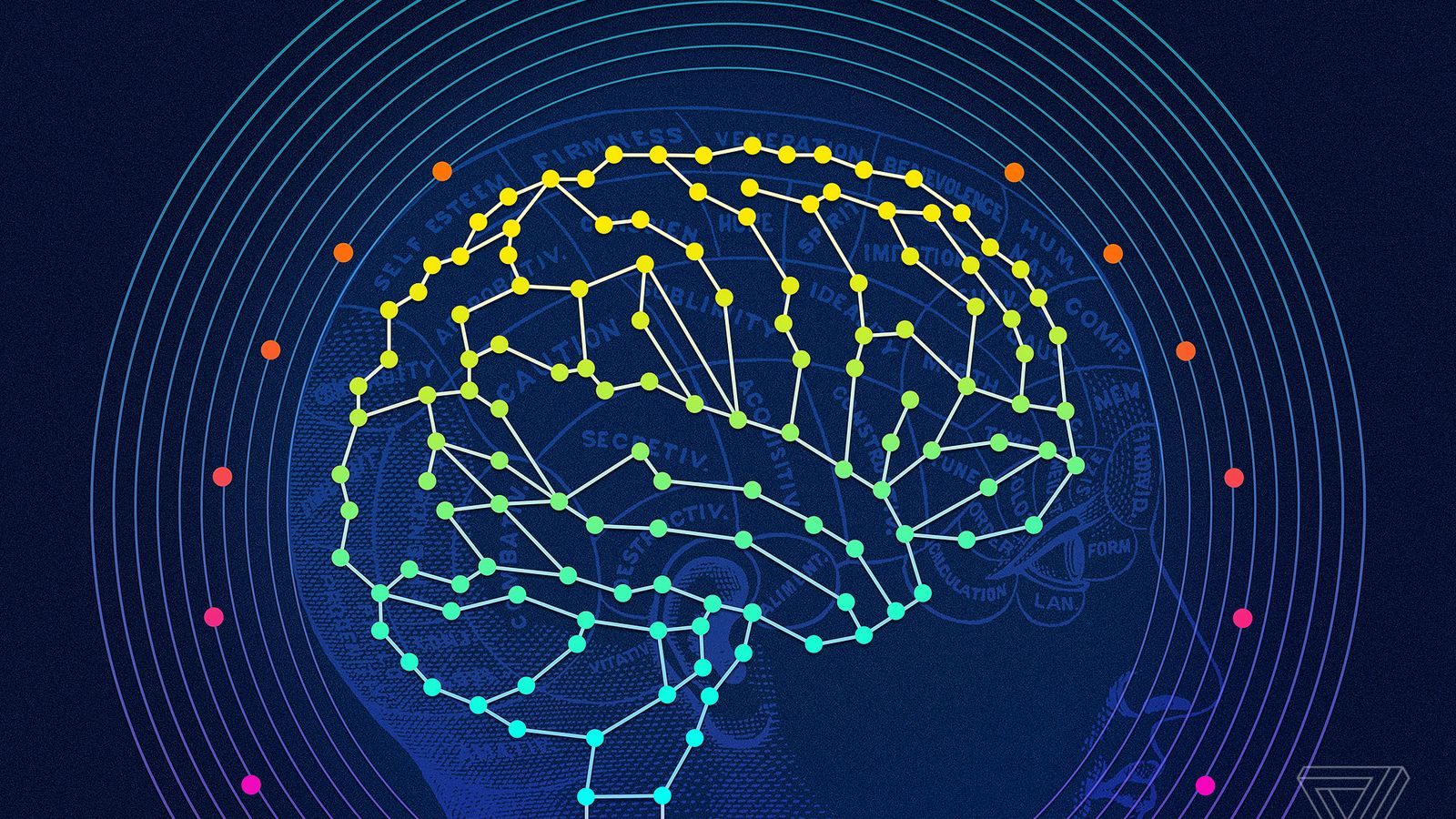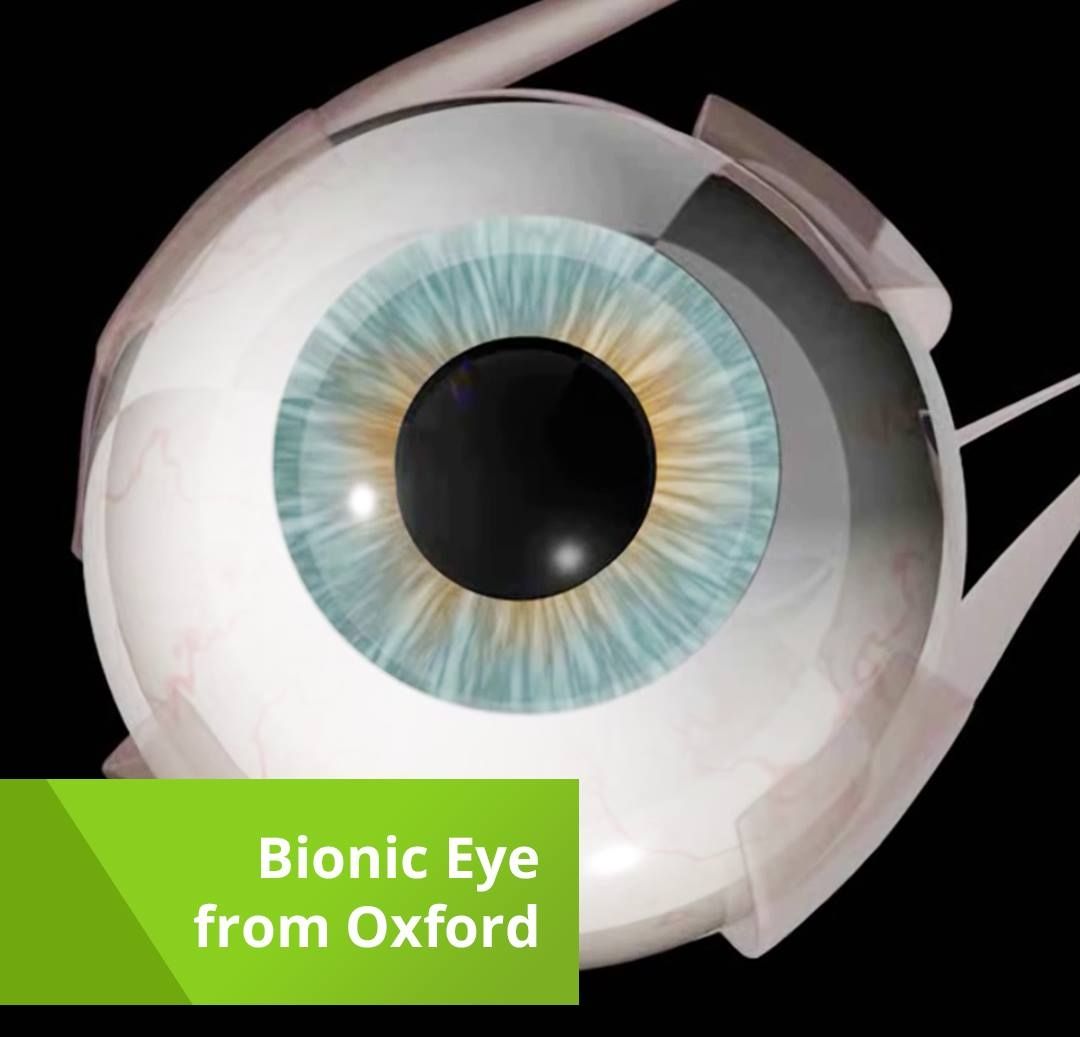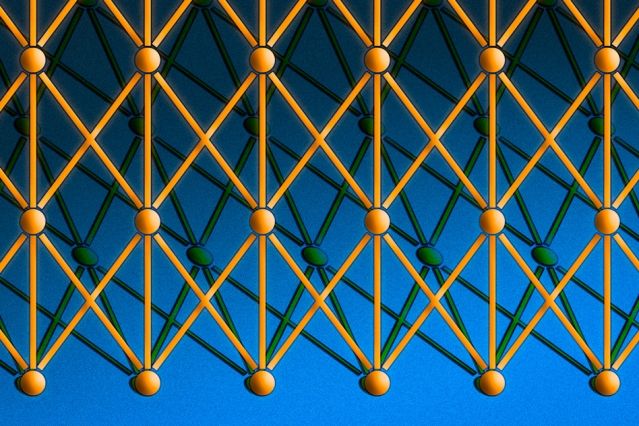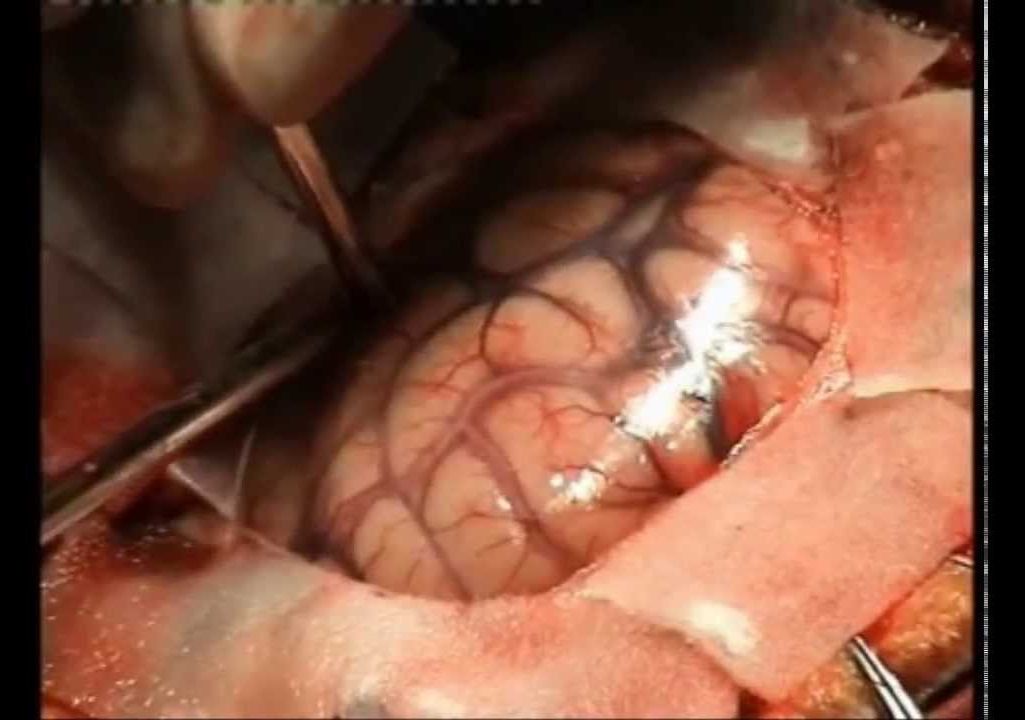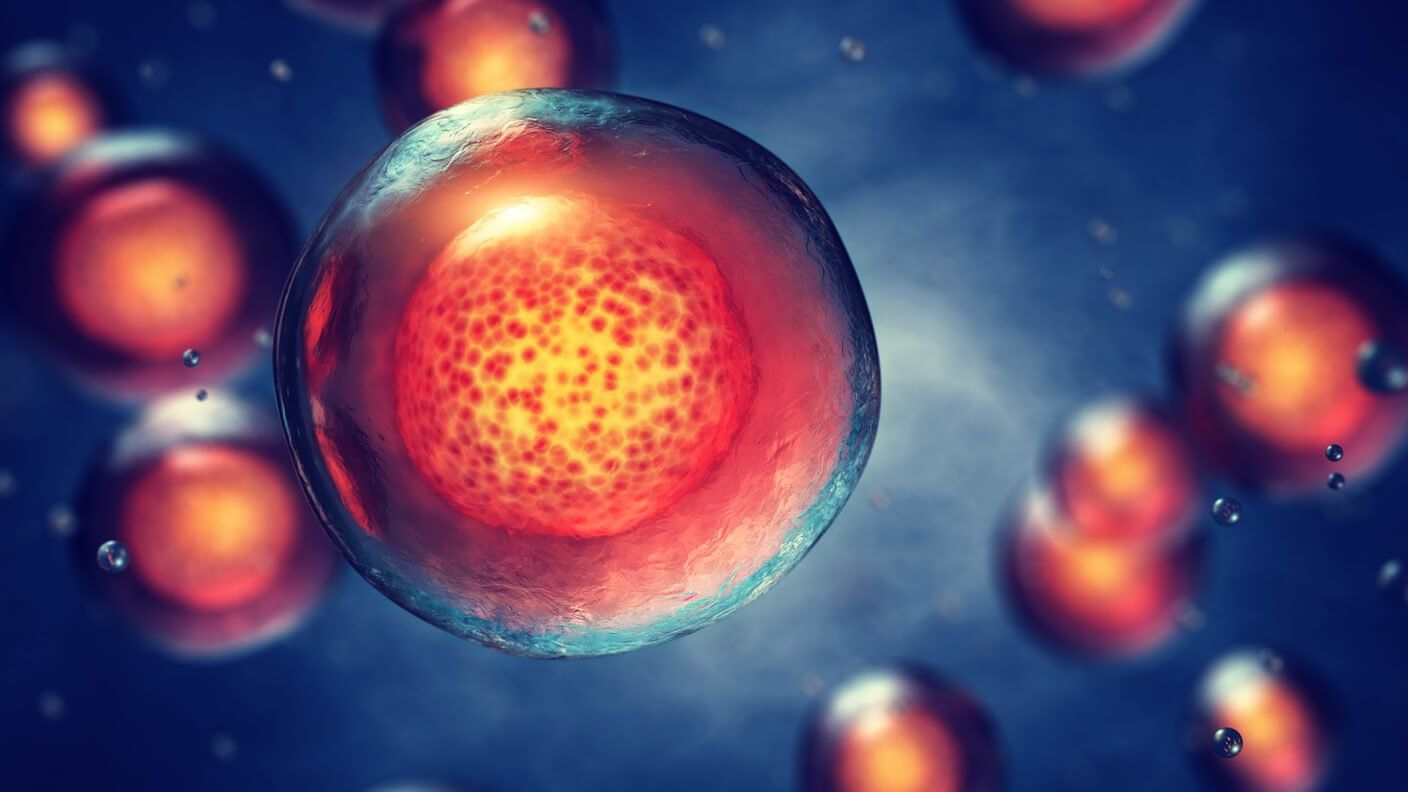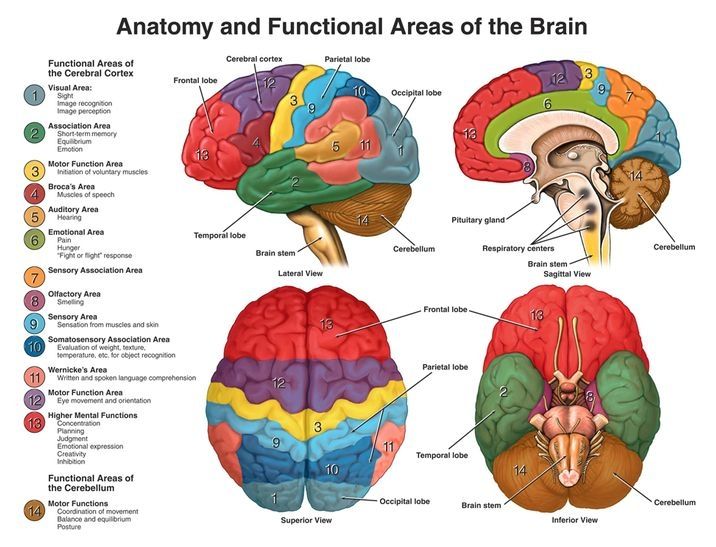Apr 19, 2017
Facebook is working on a way to let you type with your brain
Posted by Klaus Baldauf in categories: biotech/medical, computing, neuroscience
Facebook today unveiled a project from its secretive Building 8 research group that’s working to create a brain-computer interface that lets you type with your thoughts. Regina Dugan, a former director of DARPA and the ex-head of Google’s experimental ATAP research group, announced the news today onstage at Facebook’s F8 developer conference. Dugan, who now heads up Building 8, says the goal is “something as simple as a yes-no brain click” that could fundamentally change how we interact with and use technology. While it does not exist today outside of very specific medical research trials, Dugan says her team is actively working to make it a reality.
